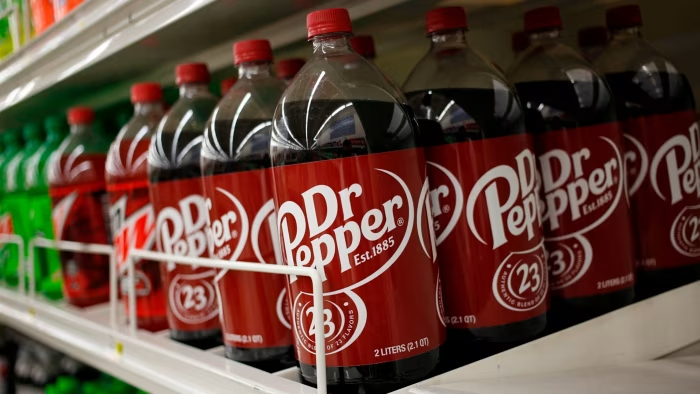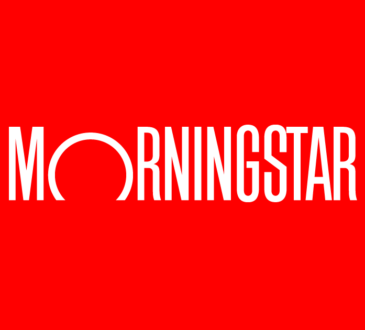
Unlock the Editor’s Digest for free
Roula Khalaf, Editor of the FT, selects her favourite stories in this weekly newsletter.
Once, private equity firms truly deserved their reputation as barbarians. They would spy a company whose performance was not up to scratch, swoop in and buy the whole thing. Today, they are increasingly happy to offer a helpful loan at a modest rate. Apollo and KKR’s investment in Keurig Doctor Pepper neatly illustrates buyout barons’ civilised new look.
KDP is in the middle of a €15.7bn debt-funded acquisition of Dutch-listed coffee maker JDE Peet’s, one its shareholders seem to hate. The deal as originally presented would have left KDP laden with debt. By Friday the US company’s shares had fallen 30 per cent, equivalent to a loss of $10bn in market capitalisation. Hedge fund Starboard is now agitating.
Enter KKR and Apollo. Rather than making a rival bid for JDE Peet’s, though, as might have been the private equity style in earlier times, they have offered a $7bn package of financial support for KDP. That is also helpful to JAB, the European investment fund that owns stakes in both KDP and JDE Peet’s.
The buyout firms’ input, which pushed KDP’s shares up 10 per cent on Monday, comes in two parts. The first is a $4bn investment in a joint venture making coffee pods, reminiscent of deals Apollo struck earlier with brewer AB InBev and chipmaker Intel. KDP says the financing, combining features of equity and debt, costs just over 7 per cent a year.
Meanwhile, the two firms are also buying $3bn in KDP preferred stock that pays a dividend of under 5 per cent and can be swapped into shares at roughly the price at which KDP traded before the JDE Peet’s deal was announced.

Where private equity hasn’t changed over the years is in its taste for financial engineering. In this case, the two investments will be held on the balance sheets of Apollo and KKR’s giant life insurance businesses, which are hungry for credit-like assets to back their obligations.
As for KDP, it gets funding that is enough like equity that it can claim the combined company will have debt of around 4.5 times ebitda, rather than the 5.5 that looked likely when the deal was announced in August.
This kind of creative financing would have been much harder back when companies were limited to traditional bank loans and bond markets. True, it’s not without risk: insurance-related transactions often rely on custom credit ratings that are starting to make some financial watchdogs nervous. But for now, KDP’s management, and its backer JAB, have purchased a vote of confidence at a far-from-barbaric price.



